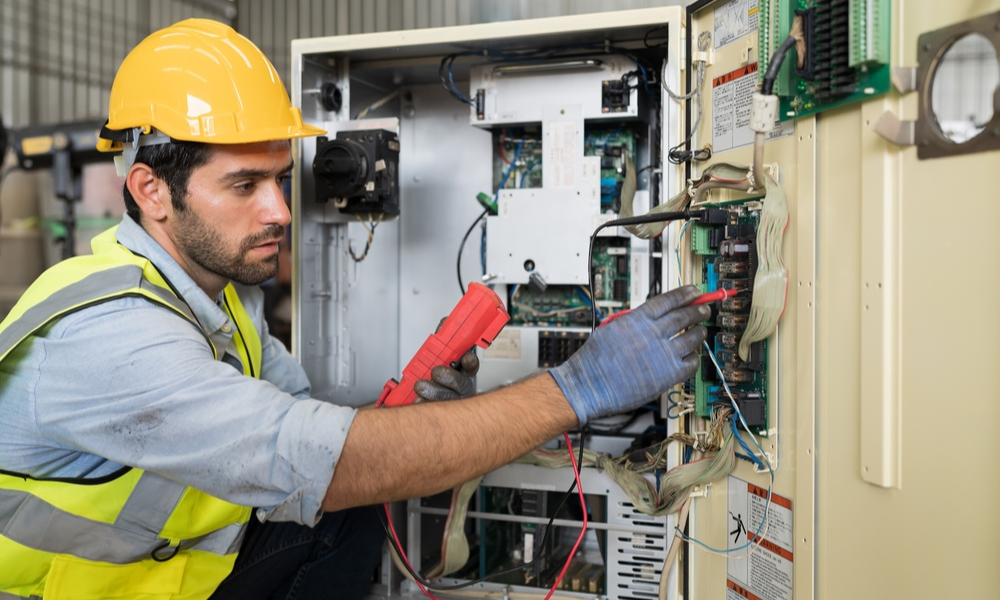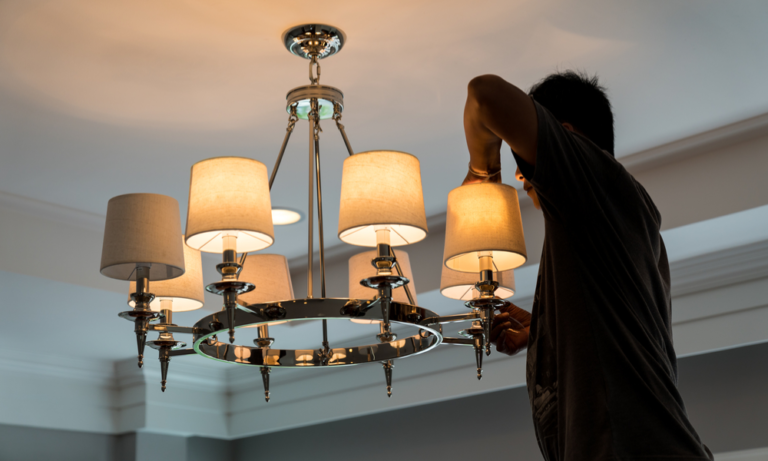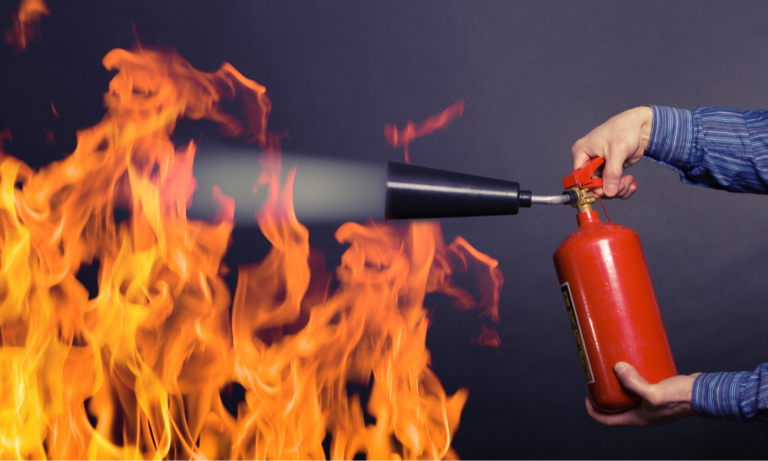Estimated reading time: 5 minutes
Electricity powers nearly every aspect of modern life, but how often do we stop to consider the condition of our electrical systems? Ensuring that your wiring, outlets, and circuit breakers are safe and functional isn’t just a matter of convenience—it’s essential for protecting your home and loved ones from potential hazards. With years of experience, I’ve seen firsthand how staying proactive with inspections can save people from expensive, stressful, and dangerous situations.
In this guide, I’ll walk you through everything you need to know about electrical safety inspections: what they involve, why they matter, and how to keep your system in top shape.
Quick Overview of Key Points
What is an electrical inspection?
Why regular check-ups matter for your safety and wallet.
Signs it’s time to schedule an inspection.
Tips for choosing the right professional.
Practical ways to maintain your electrical system.
What Is an Electrical Inspection?
An electrical inspection is like a doctor’s appointment for your home’s wiring and components. A licensed professional will assess everything from circuit breakers and wiring to appliances and electrical panels to ensure they’re safe and up to code. The goal? To identify potential risks—like faulty connections or outdated equipment—before they become emergencies.
These assessments aren’t limited to homes, either. Businesses, rental properties, and industrial facilities also benefit from routine inspections to ensure safety and compliance with regulations.
Why Regular Inspections Matter
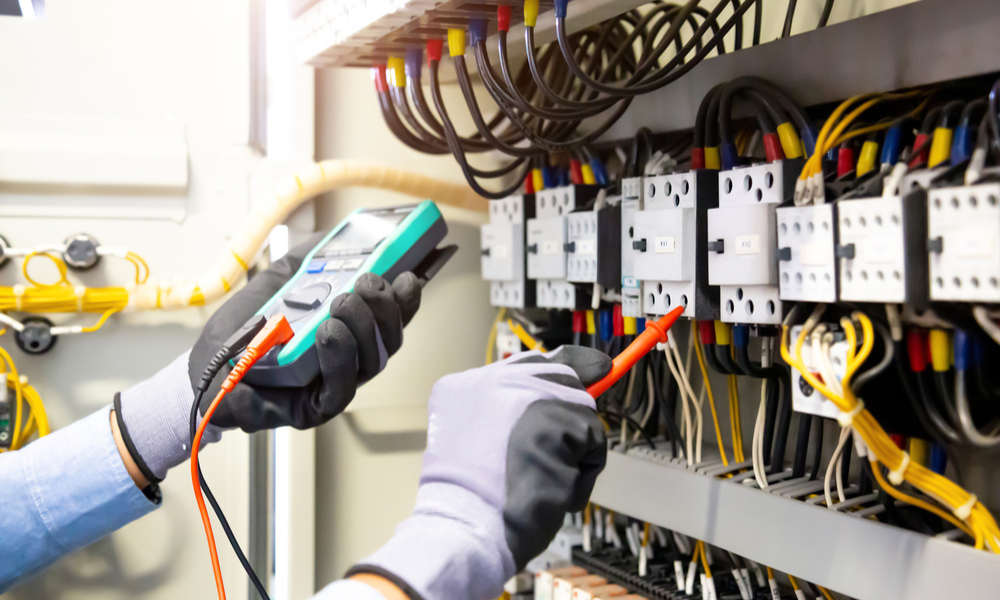
If you’re tempted to skip an inspection, consider this: electrical failures are one of the leading causes of house fires. Here’s why scheduling regular check-ups should be a priority:
Safety Comes First: Faulty wiring or overloaded circuits can spark fires or cause electric shocks. Inspections catch these risks early.
Save on Repairs: Addressing minor issues during an inspection is far cheaper than fixing major damage later.
Energy Efficiency: An inspection can pinpoint outdated or inefficient systems that drive up your energy bills unnecessarily.
Stay Code-Compliant: Many regions have specific safety standards for wiring and installations. Keeping your property up to date prevents legal headaches.
Benefits of Regular Electrical Check-Ups
1. Protect Your Family
Your home should be a sanctuary, not a potential hazard. Inspections minimize risks like shocks, short circuits, or electrical fires, ensuring a safer environment for everyone under your roof.
2. Lower Utility Costs
Damaged wiring or inefficient systems often waste electricity. Fixing these problems means you’ll notice a drop in your energy bills—an inspection literally pays for itself.
3. Prevent Equipment Failure
Your appliances and gadgets rely on a stable electrical supply. Regular maintenance ensures your system can handle the load, reducing wear and tear on expensive electronics.
4. Increase Property Value
Thinking about selling your home? A recent inspection report reassures buyers that they’re investing in a safe, well-maintained property.
Signs You Need an Inspection Now
Sometimes, your electrical system sends out subtle cries for help. Watch for these warning signs:
Lights that flicker or dim for no reason.
Frequent circuit breaker trips.
Outlets or switches that feel warm to the touch.
Burning smells or buzzing sounds near wiring.
Old or outdated electrical panels (e.g., knob-and-tube wiring).
Ignoring these signs is like waiting for your car to break down on the highway—it’s better to act before the problem gets worse.
How Often Should You Schedule an Inspection?
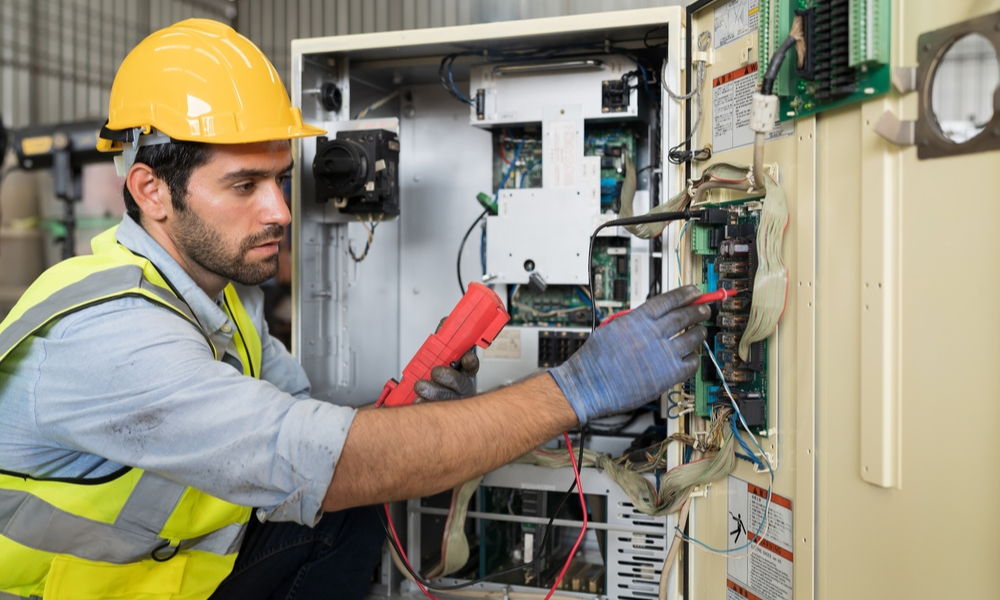
The answer depends on the type of property:
Homes: Every 3–5 years for standard maintenance.
Businesses: Annually or as local regulations require.
New Properties: Immediately after purchase to identify hidden issues.
After Renovations: When upgrading wiring or adding major appliances, schedule a follow-up to ensure everything is safe.
What Happens During an Inspection?
You might be wondering, “What exactly does an inspector do?” Here’s a snapshot of the process:
- Visual Examination: The inspector starts with a general assessment of outlets, fixtures, and panels.
- Wiring Check: They’ll test for faulty or damaged wiring that could pose safety risks.
- Load Testing: Ensuring your circuits can handle the current demand without overheating.
- Code Compliance: Confirming that your system meets current safety standards.
At the end, you’ll receive a detailed report highlighting any issues and suggesting next steps.
Choosing the Right Professional
Finding a qualified electrician doesn’t have to be a chore. Here are my top tips:
Verify Credentials: Look for licensed electricians with relevant certifications.
Check Experience: Someone with years in the field is more likely to catch subtle issues.
Ask About Reports: A thorough inspector will provide a written summary of their findings for your records.
Hiring a trusted professional not only ensures the job is done right but also gives you peace of mind.
Practical Tips for Maintaining Your Electrical System
Regular inspections are crucial, but there are things you can do between visits to keep your system in top shape:
- Unplug Unused Devices: Avoid overloading circuits by unplugging gadgets and appliances you’re not using.
- Upgrade Old Equipment: Replace frayed cords or outdated fixtures that could pose risks.
- Test Smoke Detectors: These aren’t electrical components, but they’re essential for fire safety.
- Install Surge Protectors: Protect expensive electronics from power surges.
Proactive maintenance helps prevent small problems from becoming big headaches.
Adding a Light Touch of Humor
Let’s be honest—most people only think about electrical safety after a light switch stops working. Or worse, after watching a DIY tutorial that ends in sparks flying. Save yourself the drama (and a possible trip to the ER) by leaving the job to the pros.
Wrapping It Up
Regular electrical safety inspections aren’t just another task on your to-do list—they’re an investment in your home, your family, and your peace of mind. By staying on top of your system’s health, you can prevent fires, save money, and enjoy the convenience of a reliable power supply.
If it’s been a while since your last inspection, consider this your sign to take action. Call a licensed electrician, schedule a check-up, and rest easy knowing your home is as safe as it can be.
